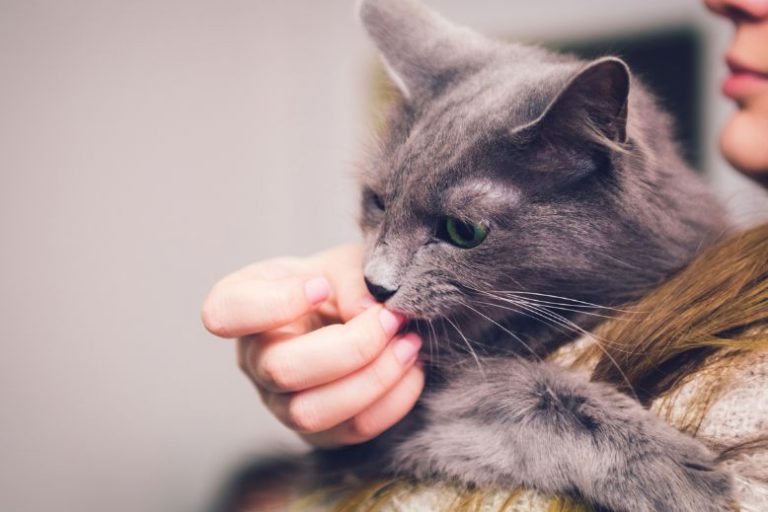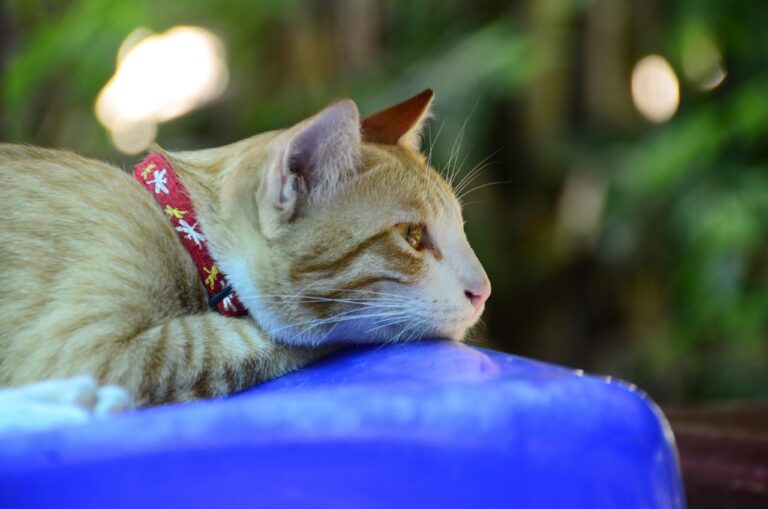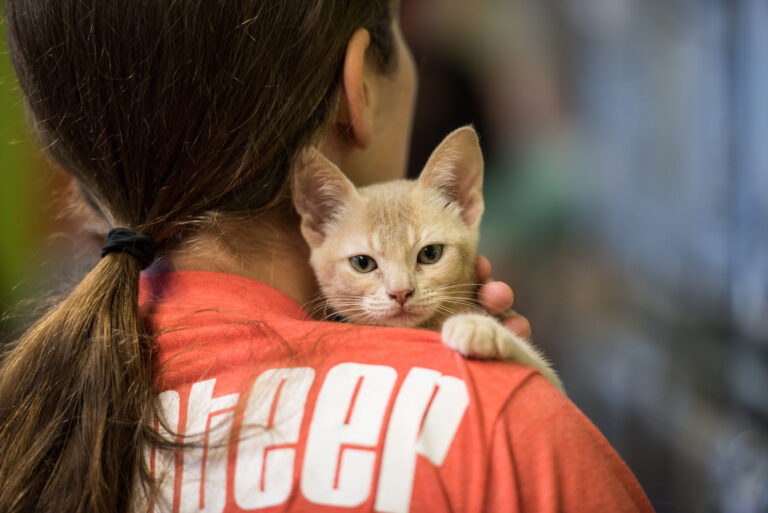Making Informed Pet Nutrition Easier for Everyone
At EzPz.pet, we’re committed to helping pet parents make smart, compassionate choices. Our platform connects you with trusted, insightful content that promotes safe, nutritious, and well-researched products for your furry companions. Through curated brand partnerships and educational resources, we aim to uplift consumers, brands, and the pet care industry.
We’ve partnered with Remy’s Kitchen because of their deep understanding of pet nutrition and their commitment to health-first products. Their expertise in what’s safe—and what’s not—for cats is why we’re excited to share this piece with our EzPz audience.
Table of Contents
Can Cats Eat Human Food? Here’s What You Need to Know
Your cat’s curious nature often leads them to sniff (and occasionally steal) food from your plate. But is it safe to share your meals with your feline friend? While some human food for cats is perfectly safe and even healthy, others can pose serious risks. Knowing the difference can save your cat from digestive troubles or worse.
In this comprehensive guide, we’ll explore what human foods you can safely share with your cat, which ones to avoid, and how treats like freeze-dried snacks from Remy’s Kitchen are a healthier alternative to processed options like cat squeeze treats. Let’s dive in!
The Basics of Feeding Human Food to Cats
Cats are obligate carnivores, meaning their diet needs to be primarily meat-based to provide the essential nutrients they require. Unlike humans or dogs, cats lack the ability to digest many plant-based foods or carbohydrates efficiently. While they can tolerate small amounts of certain non-meat foods, their digestive systems are not equipped to handle many of the ingredients we commonly consume.
Proteins such as chicken, turkey, or salmon are excellent choices if you want to share a snack with your feline friend. However, any meat you offer should be fully cooked, unseasoned, and free of bones to prevent choking hazards or digestive discomfort. Foods like raw fish or undercooked eggs should be avoided due to the risk of bacterial contamination, which can harm your pet.
Helping You Feed Smarter, Love Harder

This article is written in collaboration with Remy’s Kitchen, with their approval. At EzPz.pet, we aim to bring you trustworthy, brand-supported information to help you care for your pets with confidence. While we proudly highlight select brands, we encourage readers to assess every product or recommendation based on their pet’s specific needs.
All product and health claims belong to the brand. EzPz content is here to support responsible pet care—not replace professional advice.
EzPz Signature:
www.ezpz.pet/blog








